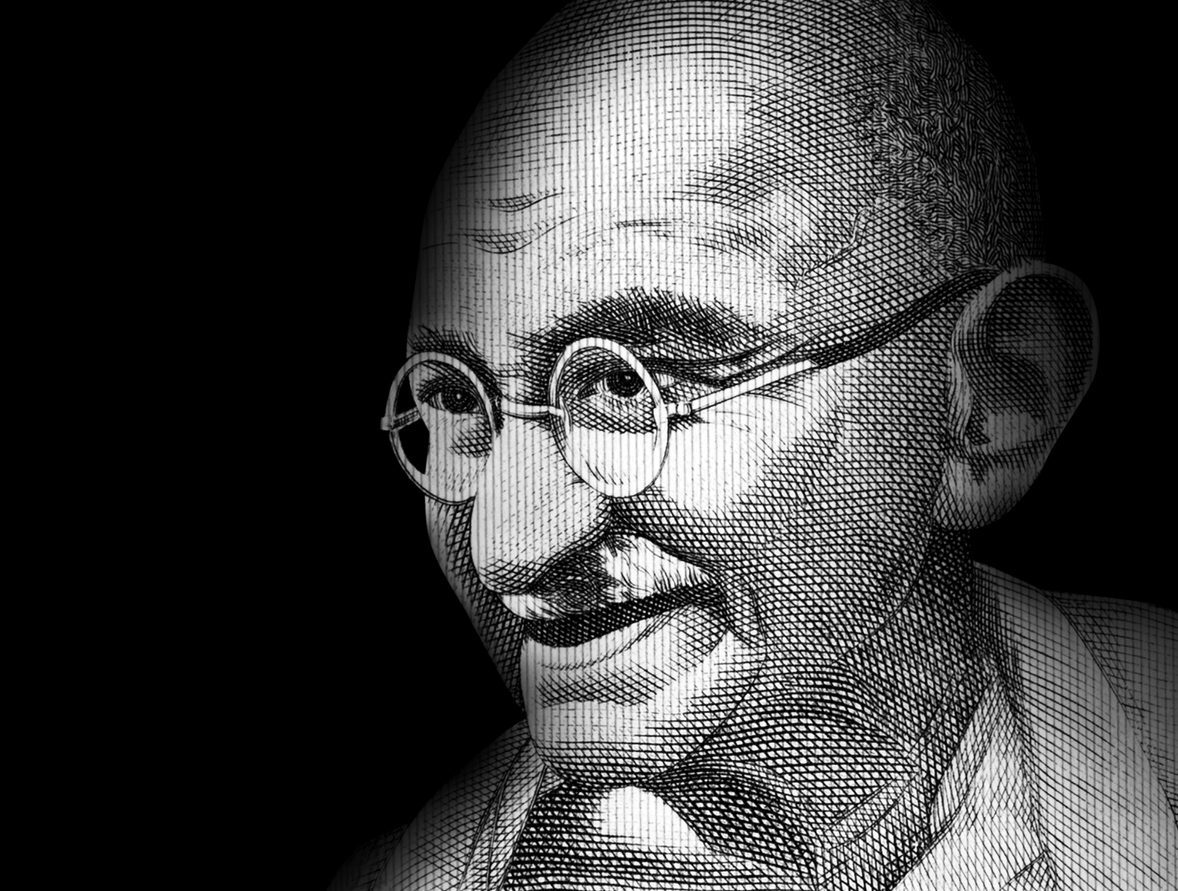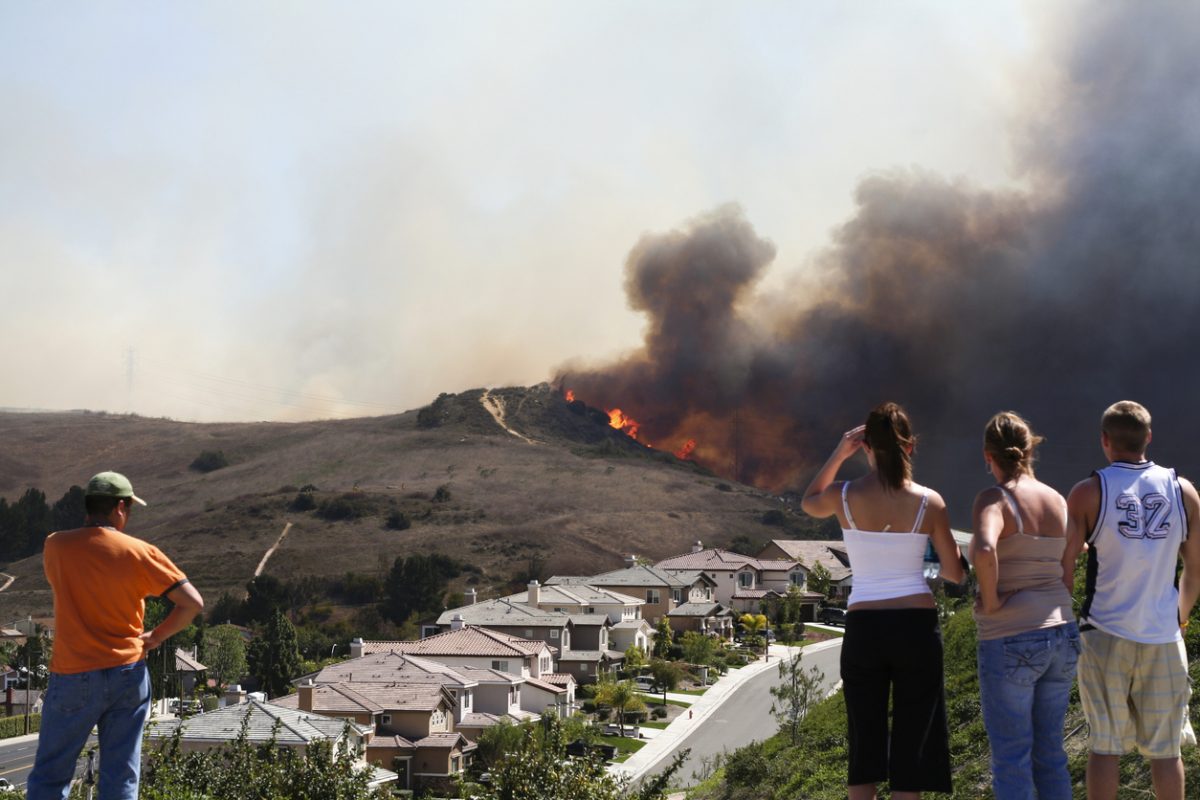aDepartment of Psychiatry, Government Medical College and Hospital, Chandigarh, India
*Corresponding author: Gurvinder Pal Singh, MD, Department of Psychiatry, Government Medical College and Hospital, Chandigarh, India 160030 ([email protected]).
Prim Care Companion CNS Disord 2021;23(2):21com02917
To cite: Singh GP, Walia N. Coronaphobia in contemporary psychiatry: current status and future prospects. Prim Care Companion CNS Disord. 2021;23(2):21com02917.
To share: https://doi.org/10.4088/PCC.21com02917
© Copyright 2021 Physicians Postgraduate Press, Inc.
The historical term coronaphobia was coined by Asmundson and Taylor1 in March 2020 to explain the fear of contracting coronavirus disease 2019 (COVID-19) infection. This term included 3 major components: physiologic, cognitive, and behavioral. During the COVID-19 pandemic, coronophobia has found a prominent place in contemporary clinical practice.2 Stressful events of the COVID-19 pandemic caused dysfunctional anxiety and fear among the general public. A survey3 found that 23% of the general population had a high risk perception of COVID-19 and 7% had coronaphobia. Coronaphobia has been closely associated with emotional distress such as extreme helplessness and suicidal ideation.4 Cases of suicide due to coronaphobia have also been reported.5 Emerging suicide cases due to coronaphobia could be due to underlying death anxiety, given the high COVID-19 morbidity rate compared to other epidemics of seasonal influenza historically.1
Recently, much advancement has been made in the understanding and measurement of coronophobia, COVID-19–related fears, and promised improved treatment modalities. As mentioned previously, the term coronaphobia was introduced by Asmundson and Taylor1 as COVID stress syndrome and COVID stress disorder. Current research is focused on determining how COVID stress syndrome and disorder are associated with psychopathology. The various predictors for the emergence of coronaphobia studied so far include novelty of coronavirus,4 uncertainty associated with the cure of the disease,6 media coverage of the COVID-19 pandemic (infodemic),7–9 lack of human contact,10 and inadequate belief in health care facilities.11 Health care workers,3,12,13 older people,14,15 persons with cluster c personality traits,16 and those with comorbidity17 are at high risk of developing coronaphobia. A study1 found that health anxiety, neuroticism, and reassurance-seeking behaviors are significant predictor variables for coronaphobia. Prior psychological difficulty with tolerating uncertainty could also act as a potential vulnerability factor for fear related to COVID-19. Other vulnerability factors that could predict increased risk of COVID-19 include worry proneness, high media exposure, personal relevance in context to one’s health, and risk to loved ones.18
The Coronavirus Anxiety Scale19 is a brief mental health screener that can be used to identify anxiety and fear associated with COVID-19, taking into account social attitudes, maladaptive coping, psychological effects, and functional impairment. A score ≥9 on the Coronavirus Anxiety Scale is considered a clinically significant level of coronaphobia.20 The COVID Stress Scales developed by Taylor et al21 are based on a 5-factor structure: (1) danger and contamination fear, (2) fear of economic consequences, (3) xenophobia, (4) compulsive checking, and (5) COVID-related traumatic stress symptoms. The COVID Stress Scales were found to be reliable and valid.22
Coronaphobia, if identified at earlier stages by mental health professionals, can be stopped with adequate treatment measures. Patients can be psychoeducated regarding the disease, which could be the first step in mitigating coronaphobia. Education can also be provided to address the general measures, which could help in the long run with sleep hygiene, activity, scheduling, and relaxation techniques.23 Utilization of consultation liaison services can be beneficial in reducing distress in patients who present to nonpsychiatric units of a hospital. Constructive peer support, early mental health interventions, and supportive therapy for those undergoing stress can help to reduce the anxiety and uncertainty associated with COVID-19.24 Use of electronic information-sharing platforms to promote telepsychiatry and telecounseling to provide authentic information and foster resilience should be part of the management plan.24 The psychiatry curriculum should be regularly updated to incorporate the latest developments with regard to coronaphobia for better management.
In conclusion, coronophobia is a growing problem in clinical practice and is best considered as a reaction to the stress of the COVID-19 pandemic. Various predictors for developing coronaphobia have been identified, such as the novelty of coronavirus, uncertainty, the infodemic, lack of human contact, and inadequate belief in health care facilities. Early intervention strategies building on available research can go a long way in addressing coronaphobia.
Received: January 7, 2021.
Published online: March 18, 2021.
Potential conflicts of interest: None.
Funding/support: None.
References (24)

- Asmundson GJG, Taylor S. Coronaphobia: fear and the 2019-nCoV outbreak. J Anxiety Disord. 2020;70:102196. PubMed CrossRef NLM
- Arora A, Jha AK, Alat P, et al. Understanding coronaphobia. Asian J Psychiatr. 2020;54:102384. PubMed CrossRef NLM
- Labrague LJ, De Los Santos JAA. Prevalence and predictors of coronaphobia among frontline hospital and public health nurses. Public Health Nurs. 2020;23:phn.12841. PubMed CrossRef NLM
- Depression. World Health Organization. 2020. https://www.who.int/news-room/fact-sheets/detail/depression
- Goyal K, Chauhan P, Chhikara K, et al. Fear of COVID 2019: first suicidal case in India! Asian J Psychiatr. 2020;49:101989. PubMed CrossRef NLM
- Dhillon P, Breuer M, Hirst N. COVID-19 breakthroughs: separating fact from fiction. FEBS J. 2020;287(17):3612–3632. PubMed CrossRef NLM
- Koffman J, Gross J, Etkind SN, et al. Uncertainty and COVID-19: how are we to respond? J R Soc Med. 2020;113(6):211–216. PubMed CrossRef NLM
- Ball-Rokeach SJ, DeFleur ML. A dependency model of mass-media effects. Communic Res. 1976;3(1):3–21. CrossRef
- Garfin DR, Silver RC, Holman EA. The novel coronavirus (COVID-2019) outbreak: amplification of public health consequences by media exposure. Health Psychol. 2020;39(5):355–357. PubMed CrossRef NLM
- Kalk A, Van Damme W. Coronaphobia—An Emerging Mental Disorder Super-Spreading Globally by Communication. SSRN. 2020. Cited January 1, 2021. https://www.ssrn.com/abstract=3716921
- Sanderson WC, Arunagiri V, Funk AP, et al. The nature and treatment of pandemic-related psychological distress. J Contemp Psychother. 2020;50(4):1–13. PubMed CrossRef NLM
- Iyengar KP, Jain VK, Vaishya R. Current situation with doctors and healthcare workers during COVID-19 pandemic in India [published online ahead of print August 19, 2020]. Postgrad Med J. PubMed NLM
- Ehrlich H, McKenney M, Elkbuli A. Protecting our healthcare workers during the COVID-19 pandemic. Am J Emerg Med. 2020;38(7):1527–1528. PubMed CrossRef NLM
- Mueller AL, McNamara MS, Sinclair DA. Why does COVID-19 disproportionately affect older people? Aging (Albany NY). 2020;12(10):9959–9981. PubMed CrossRef NLM
- Javadi SMH, Nateghi N. COVID-19 and its psychological effects on the elderly population. Disaster Med Public Health Prep. 2020;14(3):e40–e41. PubMed CrossRef NLM
- Preti E, Di Pierro R, Fanti E, et al. Personality disorders in time of pandemic. Curr Psychiatry Rep. 2020;22(12):80. PubMed CrossRef NLM
- Sayeed A, Kundu S, Al Banna MH, et al. Mental health outcomes of adults with comorbidity and chronic diseases during the COVID-19 pandemic: a matched case-control study. Psychiatr Danub. 2020;32(3–4):491–498. PubMed CrossRef NLM
- Mertens G, Gerritsen L, Duijndam S, et al. Fear of the coronavirus (COVID-19): predictors in an online study conducted in March 2020. J Anxiety Disord. 2020;74:102258. PubMed CrossRef NLM
- Lee SA. Coronavirus Anxiety Scale: a brief mental health screener for COVID-19 related anxiety. Death Stud. 2020;44(7):393–401. PubMed CrossRef NLM
- Lee SA, Jobe MC, Mathis AA. Mental health characteristics associated with dysfunctional coronavirus anxiety [published online ahead of print April 16, 2020]. Psychol Med. PubMed CrossRef NLM
- Taylor S, Landry CA, Paluszek MM, et al. Development and initial validation of the COVID Stress Scales. J Anxiety Disord. 2020;72:102232. PubMed CrossRef NLM
- Pakpour AH, Griffiths MD, Lin C-Y. Assessing psychological response to the COVID-19: the Fear of COVID-19 Scale and the COVID Stress Scales [published online ahead of print May 29, 2020]. Int J Ment Health Addict. PubMed CrossRef PubMed CrossRef NLM
- Banerjee D. The COVID-19 outbreak: crucial role the psychiatrists can play. Asian J Psychiatr. 2020;50:102014. PubMed CrossRef NLM
- Shah K, Kamrai D, Mekala H, et al. Focus on mental health during the coronavirus (COVID-19) pandemic: applying learnings from the past outbreaks. Cureus. 2020;12(3):e7405. PubMed NLM
Please sign in or purchase this PDF for $40.
Save
Cite


